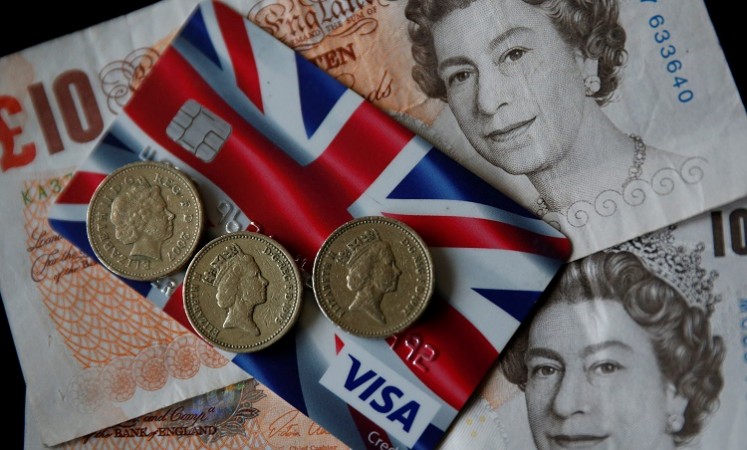
The UK saw a surprising increase in unemployment, reaching its highest level in six months, signaling a slowdown in the once bustling job market. According to the Office for National Statistics, the jobless rate climbed to 4.2% in the three months up to February, up from 3.9% in the previous period. This jump, the largest since 2020, when the country was recovering from pandemic restrictions, suggests a notable shift.
These figures hint at a possible easing of inflationary pressures within the job market. However, wage growth, closely monitored by the Bank of England, remained stubbornly high, hovering around 6%, slightly down from the previous 6.1%, but higher than economists' expectations.
Yael Selfin, chief economist at KPMG UK, suggests that this easing in labor market pressure could prompt a rate cut by the Bank, possibly in the summer. However, policymakers remain cautious, fearing that strong wage growth could continue to fuel inflation.
Following the release of the report, the pound dipped by 0.2% against the dollar. Market expectations for BOE interest-rate cuts remained relatively unchanged, with predictions of two quarter-point reductions by year-end, the first potentially occurring as early as August.
Data regarding the labor market have been murky due to difficulties in obtaining accurate information. The ONS has warned about the reliability of its employment figures due to a decrease in survey responses.
Despite some lingering signs of tightness in the labor market, such as a rise in job vacancies, the overall trend suggests a weakening economy. Businesses have begun to reduce their workforce following a period of economic stagnation, culminating in a minor recession in the latter part of last year. While recovery is anticipated in 2024, growth prospects remain modest.
IS aided ADF group attacks on Congo , targets civilian
Shocking Negligence: Patient Forced to Share Bed with Deceased in Ludhiana Civil Hospital
TikTok Star Kyle Marisa Roth Passes Away at 36; Family Shares Heartfelt Messages